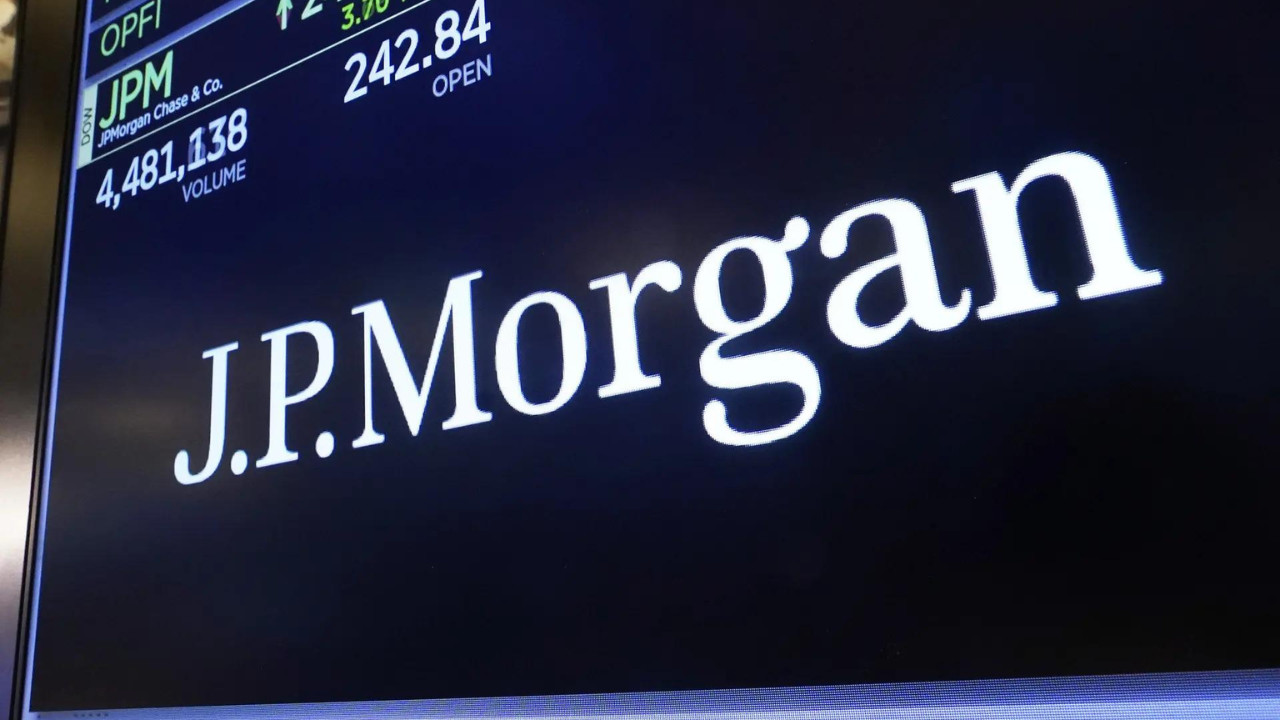JPMorgan Chase reported a second-quarter net profit of $14.2 billion, surpassing Wall Street expectations despite being lower than the previous year. Revenue reached $45.7 billion, exceeding estimates, with the markets division showing strong growth. CEO Jamie Dimon cautioned about persistent macroeconomic threats, including tariffs and geopolitical uncertainty, while acknowledging the resilient US economy.
Navigating the Economic Rapids: JPMorgan Chase’s Q2 Triumph & Jamie Dimon’s Cautious Outlook
JPMorgan Chase just dropped its Q2 earnings report, and the numbers are impressive, to say the least. A whopping $14.2 billion profit sailed past analyst expectations, painting a rosy picture of the bank’s current health. Revenue streams are strong, bolstered by rising interest rates that have padded the bank’s net interest income. But beneath the surface of these impressive figures, CEO Jamie Dimon is sounding a Despite the stellar Q2 results, Dimon’s tempered optimism stems from a constellation of global risks. He specifically points to the ongoing geopolitical tensions, including the war in Ukraine and strained relationships between global superpowers. These events create uncertainty in the market and can disrupt supply chains, impacting businesses worldwide.

Inflation, while showing signs of cooling, remains a persistent concern. The Federal Reserve’s efforts to tame it have involved aggressive interest rate hikes, which, while benefiting banks in the short term, can also lead to an economic slowdown. Higher borrowing costs can stifle investment and consumer spending, potentially triggering a recession. Navigating this delicate balance – fighting inflation without crippling the economy – is a major challenge. We discuss the impact of high interest rates on personal finance in another article.
Dimon also highlighted the potential impact of quantitative tightening, the process by which the Federal Reserve reduces the size of its balance sheet. This action removes liquidity from the financial system, which could lead to tighter credit conditions and further economic headwinds.
The Consumer Holds Strong, For Now
One positive takeaway from JPMorgan’s report is the continued strength of the American consumer. Consumer spending remains robust, indicating that households are still relatively confident in the economy. This resilience is supported by a strong labor market, with unemployment rates remaining near historic lows. However, it’s crucial to remember that consumer sentiment can shift quickly, especially in the face of rising prices and economic uncertainty.
The bank’s credit card data offers a real-time snapshot of consumer behavior. By analyzing spending patterns, JPMorgan can gain valuable insights into the health of the economy and anticipate potential shifts in consumer demand. This data-driven approach allows them to make more informed decisions and manage risk effectively.
Charting a Course Through Uncertain Seas: What’s Next for JPMorgan?
Looking ahead, JPMorgan Chase is preparing for a range of possible economic scenarios. This proactive approach involves carefully managing risk, maintaining a strong capital base, and investing in technology and innovation. The bank is also focused on attracting and retaining top talent, recognizing that its employees are its most valuable asset.
While JPMorgan’s Q2 performance is undeniably impressive, it’s crucial to view it within the context of the broader economic landscape. Jamie Dimon’s cautious outlook serves as a reminder that challenges remain, and navigating them successfully will require vigilance, adaptability, and a long-term perspective. The bank’s ability to balance short-term gains with long-term sustainability will be critical in ensuring its continued success in an ever-changing world.
Ultimately, JPMorgan Chase’s Q2 earnings provide a snapshot of a complex and evolving economic environment. While the present looks promising, the future remains uncertain. The bank’s success will depend on its ability to anticipate and adapt to the challenges ahead, navigating the economic rapids with skill and foresight.







